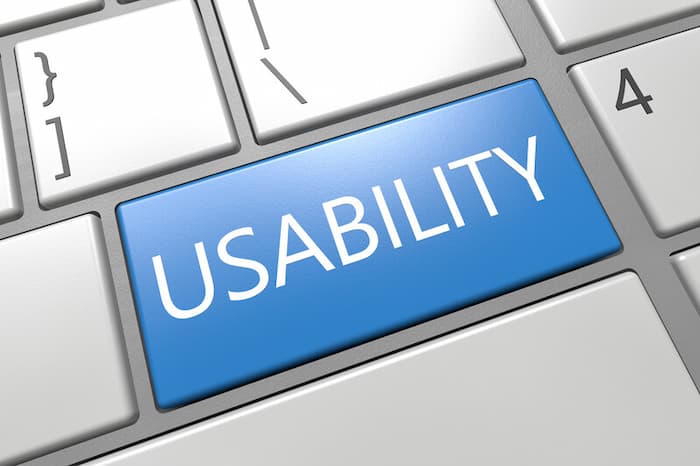Getting paid to get usable
From Benefits Pro August 2021
Plaintiff’s attorneys have increasingly sued companies alleging their websites fail to comply with the Americans with Disabilities Act (ADA), California Unruh Civil Rights Act, and similar state laws that prohibit discrimination against disabled individuals. The justification of these lawsuits is that companies with websites that do not allow those with disabilities to use and enjoy the website are engaging in unlawful discrimination. While the law remains unsettled in this area (e.g., there is disagreement over the “standard for accessibility” and which companies may be obligated to have accessible websites), judges are increasingly enforcing anti-discrimination laws against companies that do not have accessible websites. The cost of non-compliance can be staggering, costing companies exponentially more than had the company just made their website accessible.
Uncle Sam has now entered the fray, extending a helping hand to small businesses that wish to invest in updating or maintaining their websites to be more accessible to those with disabilities. In particular, the IRS is offering a one-time tax credit of up to $5,000 for small businesses that incur expenses associated with making their website more accessible. Website expenses incurred must be between $250 to $10,250, and only 50% of the costs are eligible for the credit (with a maximum credit of $5,000). In order to claim the credit, businesses need to use IRS Form 8826 (Disabled Access Credit) and file the form with their tax return. Only businesses with less than $1 million in gross revenue or fewer than 30 full-time employees in the prior tax year are eligible for the credit. Your accountant or tax preparer can assist you further to determine if your business qualifies for the credit.
The bottom line is that this relatively little-known tax break provides a win-win-win. It helps technology businesses more easily sell website accessibility solutions, helps their small business customers obtain the same services at what is essentially a significant discount (via a tax credit) while mitigating the risk of future litigation, and helps aid disabled individuals in better accessing the Internet.
Jon L. Farnsworth is a partner at Spencer Fane in the firm’s Minneapolis office. He can be reached at [email protected].

